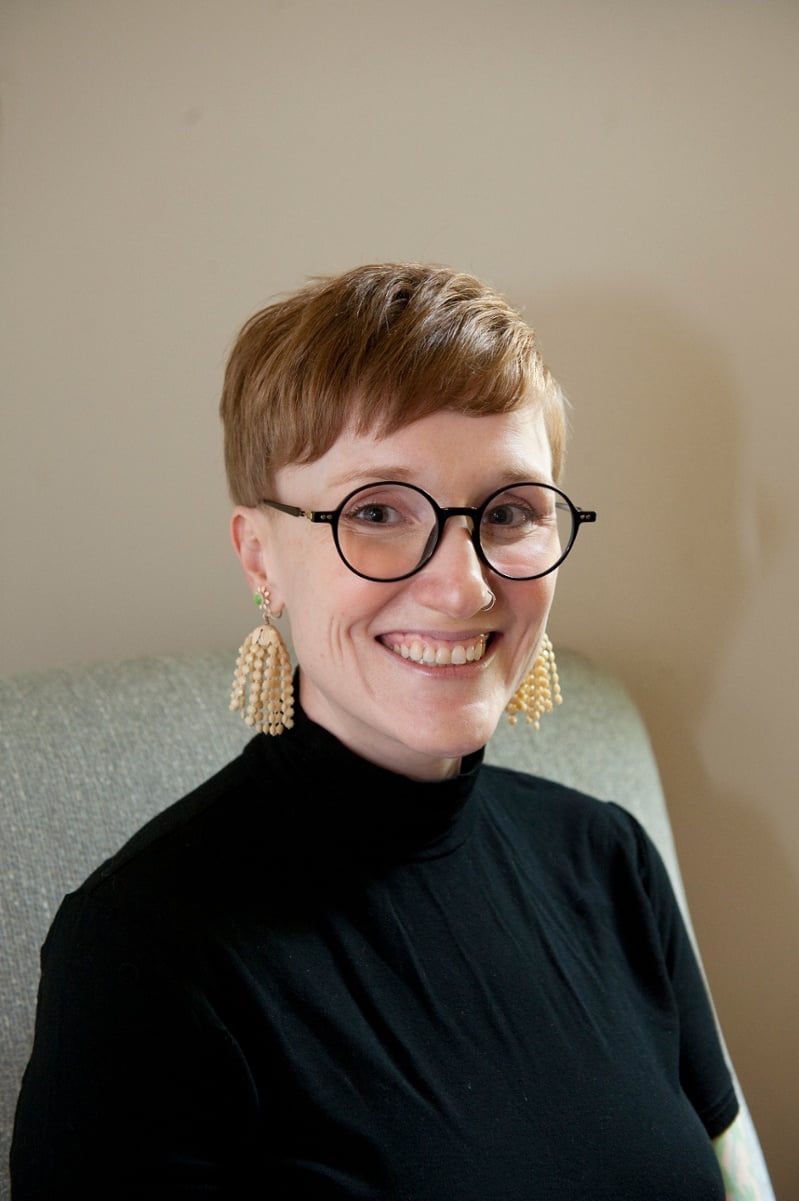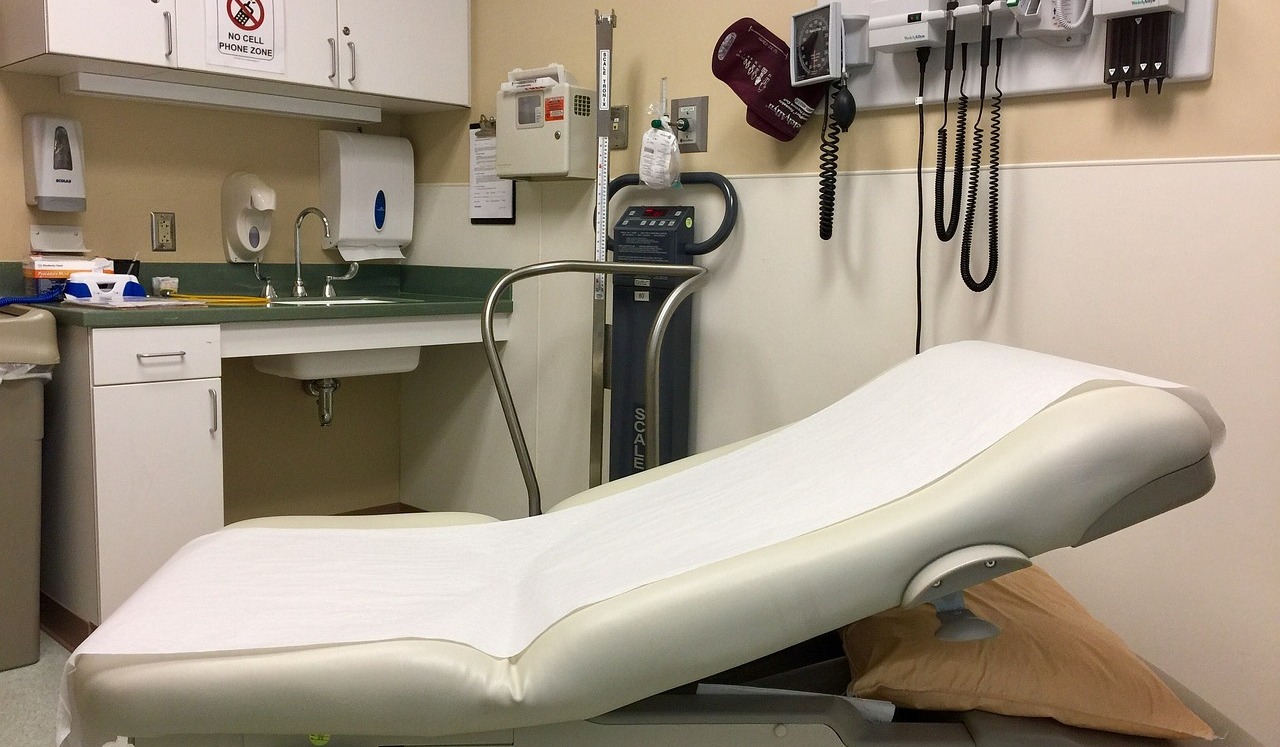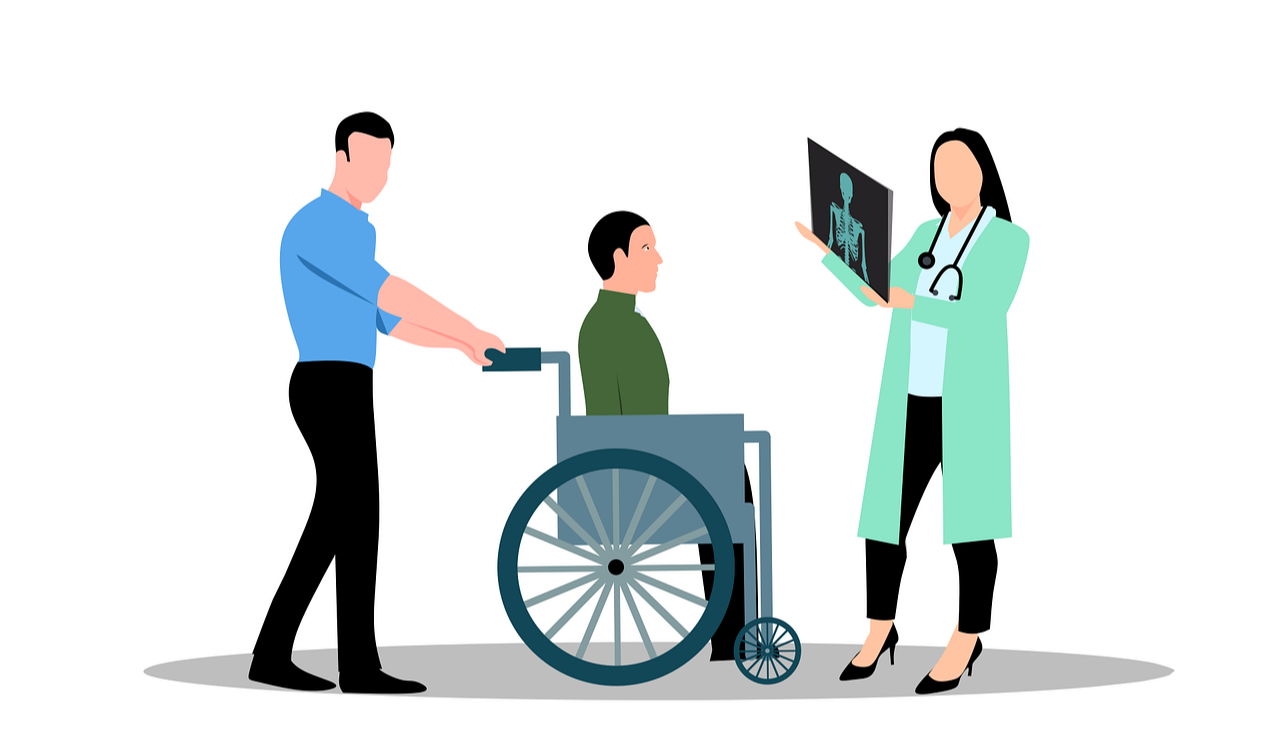What Doctors Need to Know about Neurodivergence
This blog is a companion blog to "Doctor Visits for Neurodivergent Folks," wherein I discuss specific ways that neurodivergent people can best...
5 min read
 Whitney Storey, MS, LPC, ASDCS
:
Dec 29, 2023 11:40:20 AM
Whitney Storey, MS, LPC, ASDCS
:
Dec 29, 2023 11:40:20 AM

If there is one thing I have learned about myself in my own Autist journey that has also been supported by the clients I have been working with, it's this: doctor's appointments are exhausting. I know I struggle to make appointments for myself, even when I know I need them, and getting through the appointment successfully is typically hit-or-miss. It's especially difficult if the appointment has multiple purposes beyond a wellness check, especially if I have questions needing answers and when I find I have to advocate for myself.
I have been working with a number of late-diagnosed autistic adults who have all shared their individual struggles with doctor's appointments. Whether it's a regular wellness visit with the primary care physician, a gynecologist, or some other specialist, or a visit with a doctor to discuss questions or problems, we all seem to be struggling to make these appointments work for us. And I want you to hear right from the start that these appointments are for us. Neurodivergent people, especially those raised as female here in the south, have a tendency to put the feelings of others ahead of our own, or at least as important as our own, and in at least this one specific situation, we don't need to.
We don't need to protect the doctor or ensure we are living up to the "shoulds" that show up. I think this is the first big place of freedom for neurodivergent people when it comes to making it through doctor's appointments. We get to set many of the rules and ask for what we need - so the first step is in figuring out what those needs are.
The doctor's office is especially difficult on the senses. The temperature tends to be too cold, the lights tend to be too bright, and the environment overall is typically too stale and clinical. What sensory accommodations would benefit you in your next visit? Here are a list of some suggestions that have been helpful for myself and/or my clients:
Beyond the sensory accommodations, there are other accommodations that are reasonable and extremely helpful for neurodivergent people. Many neurodivergent folks have executive functioning difficulties, which can impact appointments. It can also be difficult to know the expected social norms involved in the appointment process.
Here's another important thing for my fellow neurodivergent people to know: there is no rule about whether you should or should not disclose your neurodivergence with your doctor. For some people, disclosure is anxiety provoking and adds to the stress of the interaction. For other people, disclosing can help them to feel more comfortable in then behaving in ways that work for them and in asking for accommodations. Some clients have shared that they doubt their doctor's understanding of their particular diagnosis. Many autistic women report that medical professionals question or sometimes even outright argue with their diagnoses. And here's where I get in to a couple of other really important concepts with my clients:
While it's not your responsibility to educate your doctor on issues related to your mental health, neurotype, and/or functioning, some doctors are absolutely willing and interested in learning more about their patients in order to best serve them. In these situations, suggesting your doctor read certain books/websites/articles/blogs can be helpful in framing how they interact with you (and their other neurodivergent patients).
Those doctors are the ones I value in my own personal life and tend to recommend to my close friends and family when they are looking for quality medical providers. It can be helpful to speak with your trusted friends and family about their experiences when looking for a clinician for yourself.
When and if you experience a medical professional who is not as willing to learn or is not inviting and accepting of your needed and requested accommodations, it is absolutely reasonable to request another provider, whether that is someone in the same practice or moving to another practice completely. You do not owe any medical provider anything - they are there to help their patients.
Give yourself the time and space to recover in whatever way works for you. Some folks like to get right back to their normal schedule and others will need some quiet rest. Do what works for you in each moment.
Some people find that in allowing themselves the things they need before, during, and after medial appointments, they are no longer affected as intensely and as negatively as they did prior to meeting those needs, which benefits them in the long run. You deserve this kind of care. Why wait?
What has worked for you/your loved ones in relation to making it through medical appointments? What do you wish your doctor knew? Feel free to send me your thoughts!

This blog is a companion blog to "Doctor Visits for Neurodivergent Folks," wherein I discuss specific ways that neurodivergent people can best...

If you have spent any time on TikTok lately, odds are you have come across some videos where folks (with a healthy helping of good humor) discuss the...

If you have had a conversation with me in the last year or so, odds are I have brought up neurodivergence. (Cue the eye rolling and the groans from...